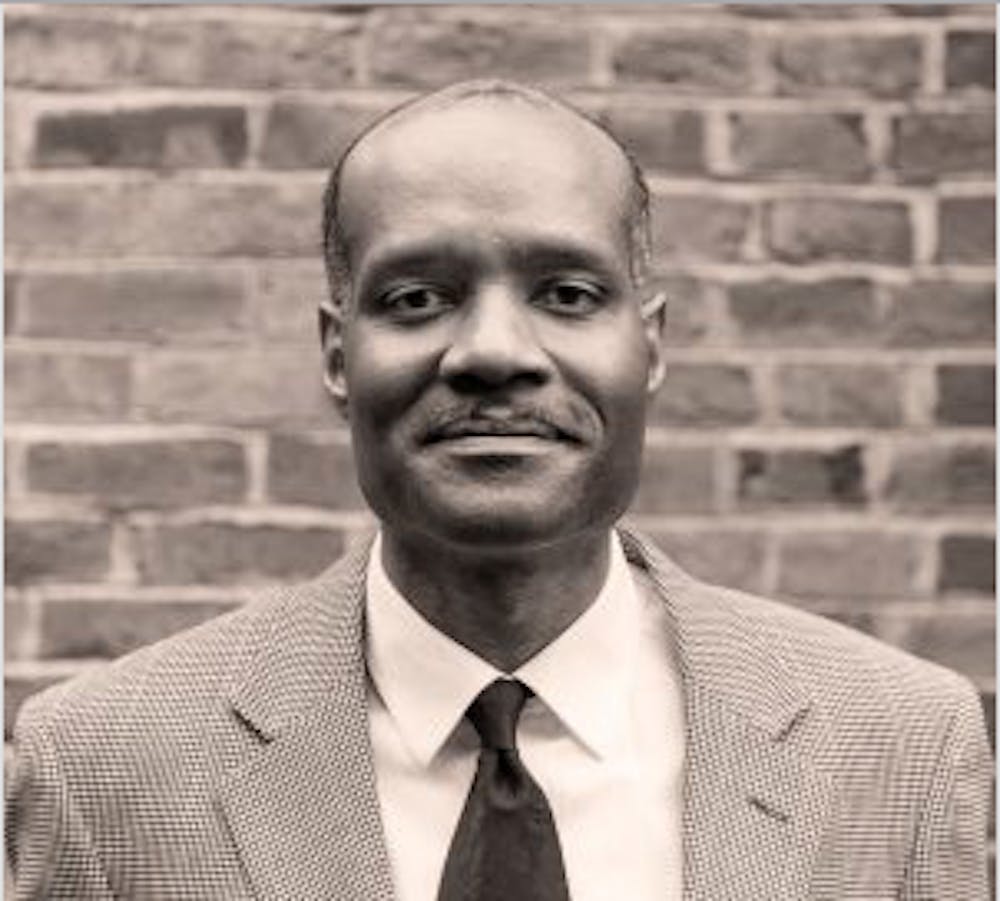Claude Clegg is a UNC professor studying African communities outside of Africa. The Lyle V. Jones Distinguished Professor is currently working on a book exploring how African Americans have experienced the Obama Presidency. Staff writer Taylor Buck asked him about his work and how African American activism has changed since the days of Martin Luther King Jr.
The Daily Tar Heel: Tell me about your work and why it’s important. Also, what are you researching currently?
Claude Clegg: I study the history of African-Americans and other people of African descent throughout the Atlantic world. These populations consist of roughly one-fifth of the world's population, which warrants the study of their history, cultures, etc. I am currently writing a book on the Obama presidency and how it was experienced and viewed by African-Americans.
DTH: Why should people study African-American history? What does it mean to you?
CC: African-American history is U.S. history, southern history, modern history, urban history, etc. There is no way to fully understand and appreciate U.S. history and contemporary society without studying the experiences of African Americans.
DTH: What does MLK Day mean to you? Will you do anything to celebrate?
CC: The holiday is an acknowledgment of the struggles of African-Americans and others to convince the U.S. to live up to the promise of its creed, especially as articulated in the U.S. Constitution and Declaration of Independence. Thus, the holiday is bigger than King himself, though he is symbolic of its importance. I typically celebrate by attending a related event.
DTH: How has activism changed since Martin Luther King Jr’s civil rights era? Do you see any similarities between modern African-American activism with the civil rights movement?
CC: The biggest change has to do with technology. Social media and the internet allow for nearly instant mobilization of people around events and issues.



